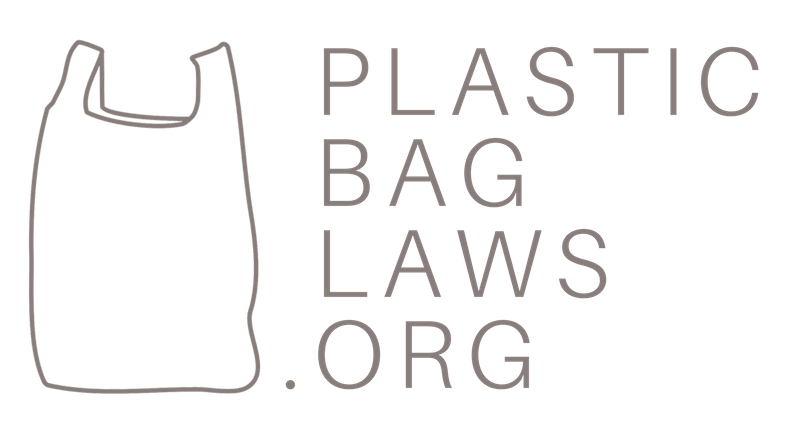San Francisco Board of Supervisors Unanimously Adopts Comprehensive Single-Use Bag Ordinance
Today, the San Francisco Board of Supervisors adopted the most comprehensive single-use bag ordinance in the Nation. The expanded ordinance applies to ALL retailers and restaurants and includes a ban on plastic bags and a 10-cent minimum charge on all paper and reusable bags provided at the register. The charge on reusable bags in addition to paper bags is particularly important so that no bags are given away for free at checkout. The ordinance was adopted by a unanimous 10-0 vote (Supervisor Campos was out sick). This ordinance was originally up for vote in December 2011 but was continued to allow time for more outreach. At the hearing today, many of the Supervisors commended SF Environment for its unprecedented outreach efforts. President Chui also introduced amendments to assure that further multi-lingual outreach to store employees and customers will be conducted.
In 2007, San Francisco became the first city in the US to adopt a plastic bag ban. San Francisco’s ban currently only applies to supermarkets and large pharmacies. This is referred to as a “first generation” ordinance because it only addresses plastic bags. More recently, “second generation” ordinances that include a charge on paper bags have become standard in California. In 2010, Supervisor Mirkarimi introduced an expanded “second generation” ordinance, but that was tabled pending resolution of lawsuits in other cities regarding what type of review was required under the California Environmental Quality Act (CEQA). CEQA has been used as a tool by plastics industry groups in California to delay or overturn plastic bag ordinances by filing lawsuits against cities demanding that expensive Environmental Impact Reports (EIR) are required.
In July of this year, the California Supreme Court ruled on the Manhattan Beach case, finding that Manhattan Beach’s negative declaration was sufficient and that an EIR was not necessary. In September of this year, the Marin County Superior Court found that a categorical exemption was applicable to Marin’s ordinance. Part of the reason that Marin’s ordinance qualified for a categorical exemption was because it is a second generation ordinance that addresses paper as well as plastic by banning plastic bags and requiring a minimum 5-cent charge for paper bags. In the wake of these decisions, San Francisco made the decision to move forward with its expanded ordinance using a categorical exemption.
